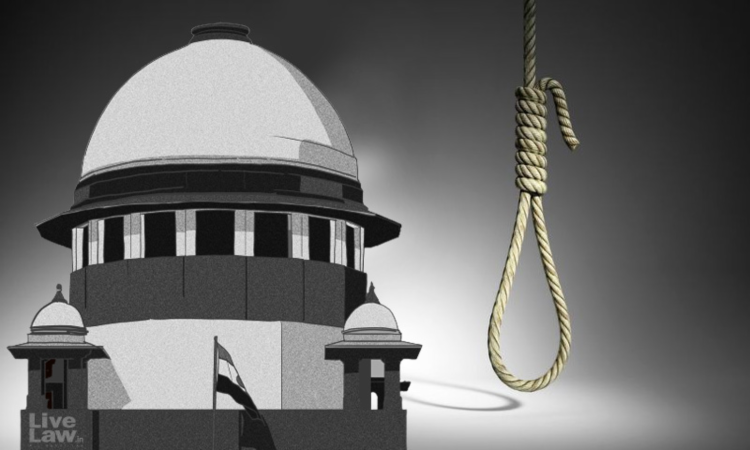- Home
- /
- Top Stories
- /
- Supreme Court Acquits Convict On...
Supreme Court Acquits Convict On Death Row; Orders Immediate Release
Awstika Das
23 Aug 2023 5:31 PM IST
The Supreme Court on Wednesday acquitted a death row prisoner convicted in the murder of his two brothers and own son. This verdict was delivered by a three-judge bench of Justices BR Gavai, PS Narasimha, and Prashant Kumar Mishra after hearing the convict’s plea against the Allahabad High Court confirming the death sentence handed to him by a Uttar Pradesh sessions court in 2017....
Next Story



